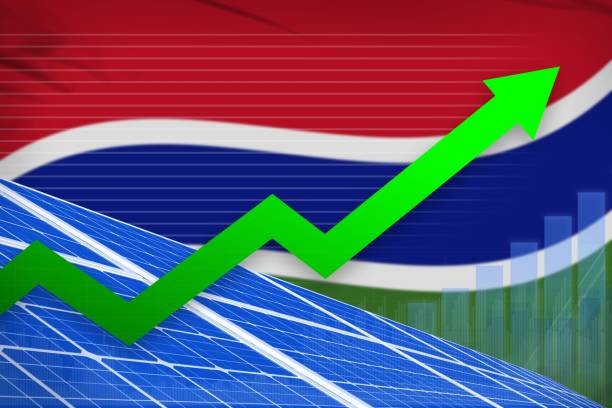
Did you know India has the largest clean energy program in the world? The project will generate 175 gigawatts (GW) of renewable energy by 2022.
India continues to be a strong supporter of the clean energy revolution. India is one of the first major powers to endorse the Paris Climate Deal 2015. During the Paris talks, the Indian PM proposed a global effort to expand the usage of solar energy. In December 2017, the International Solar Alliance was formed.
The ISA, a group of 121 non-profit countries based on a treaty, promotes the use of solar energy. The primary goal of the group is to make solar energy accessible to all countries. The ISA aims to create 1,000 gigawatts of solar power by 2030. It has pledged more than $1 trillion to the cause.
India hosted its first ISA Summit in Gurugram on March 11, 2018. The heads of forty participating nations attended the summit. The Indian government will host its first renewable energy conference, RE-INVEST, in April 2018. India’s commitment to the “green cause” is a global success.
With the US pulling out of the Paris Agreement today, the world looks for a new leader in clean energy. India has the opportunity to be a leader in the field of clean energy thanks to initiatives like the ISA.
Even private players have embraced the solar initiative in India. Rooftop Solar has increased in India, and more people are looking for home solutions. The rapid modernization of power grids opened up the way for solar solutions. India has achieved its 20 gigawatt solar capacity goal 4 years earlier than expected.
Final thoughts
According to a recent World Bank report, coal and oil are expected to be phased out of the energy mix within the next 30 years. The report’s findings are in line with India’s clean-energy goals. Solar energy is a more cost-effective and sustainable way for India to generate electricity. Solar energy is also crucial to India’s policy on electric vehicles, which aims at further reducing environmental pollution.
India’s commitment to upholding the Paris Agreement is inspiring other countries to do the same. The government is unique in its inclusive “clean energy” approach.
